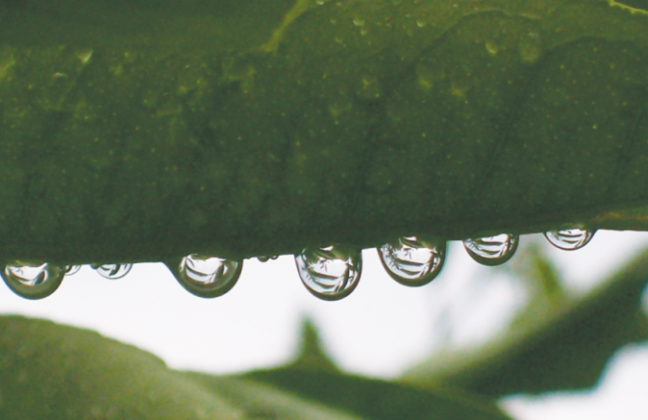This week saw the fifth World Circular Economy Forum take place online, organised collaboratively by the Government of …
News

Textile Waste and Eggshells to be tackled in first CE-Hub Funded Feasibility Studies
The first round of the CE-Hub Feasibility Study funding is pleased to have funded two innovative projects which promise to pave the way for real-world change. The two projects which have been funded are: ‘CircTex London’ and ‘Sustainable infrastructure construction and repair using calcium carbonate waste (CCW) lime’.
The CircTex London project will improve our understanding of the use of waste textiles in London by addressing data gaps in the flow of clothing textiles in London. The textile sector globally accounts for the fourth-highest usage of primary raw materials and the fifth highest in GHG emissions according to a 2017 EEA report 2017. The environmental impact of the sector is also exacerbated by ‘fast fashion’. Cities have become hubs for fashion textiles’ use but associated embodied impacts are not always understood. Most textiles are not recycled with incineration and landfill still the predominant destinations for fashion textiles. London is a test bed of potential interventions to increase circularity of textiles and reduce the carbon impact of fashion. This work aims to design a methodological framework for the quantification of flows, carbon impacts and the design of scenarios to guide policy decision-making and stakeholder engagement.
‘Increasing circularity of fashion textiles is pivotal for achieving climate commitments but we still have a very fragmented overview of the fashion textile system and its carbon impacts. Successful interventions need to rely on robust scientific models of fashion textile flows and aligned action by key stakeholders’ says Dr Teresa Domenech, PI of CircTex
Tackling another significant waste stream, the ‘Sustainable infrastructure construction and repair using calcium carbonate waste (CCW) lime’ project will investigate the feasibility of the use of lime sourced from calcium carbonate waste as a soil stabiliser. This waste calcium carbonate is sourced from industrial food waste sources such as eggshells and seashells. This will divert food waste from landfill, avoid depletion of limestone and allow the re-use of marginal soils for transport infrastructure.
“This is great opportunity to add value to food wastes and develop them as a raw material resource for the production of lime. This would not only enhance sustainability practices in the construction sector but also provide greater resilience to transport infrastructure” says Dr Ana Heitor, PI.
“We are excited to be working with Dr Ana Heitor, Dr Teresa Domenech and their teams on this first round of innovative feasibility study projects. Feasibility studies are a fantastic way to test exploratory ideas that are often too experimental or risky for main stream funding but can lead to significant impact. We are delighted to welcome the teams to the growing NICER Programme network” says Professor Fiona Charnley, co-director of the CE-hub and Chair of the Feasibility Funding Panel.
These projects are the first to be funded from the £500,000 CE-Hub Feasibility Study Fund. The first funding call launched in May 2021, further calls are planned for 2022 and 2023 for Feasibility Studies with a value of up to £50,000. To keep up to date with further updates and announcements relating to the CE-Hub Feasibility Fund, sign up to our quarterly eNewsletter by visiting the CE-Hub Website.






